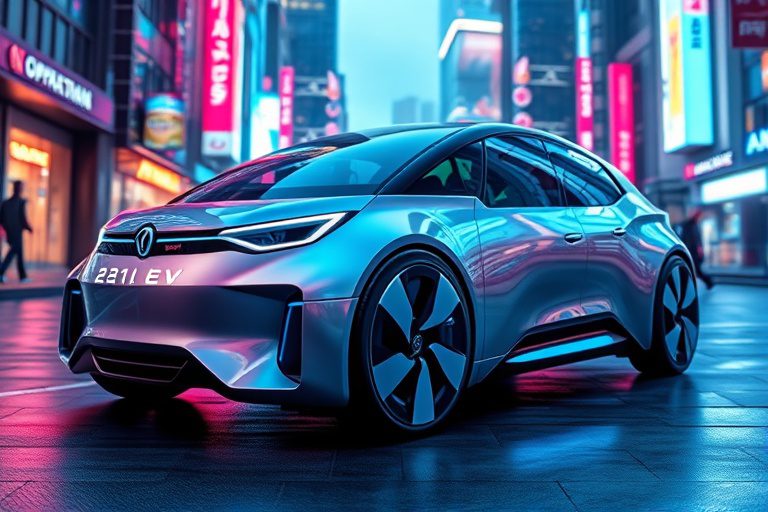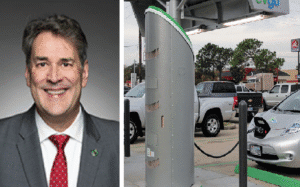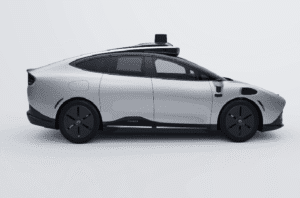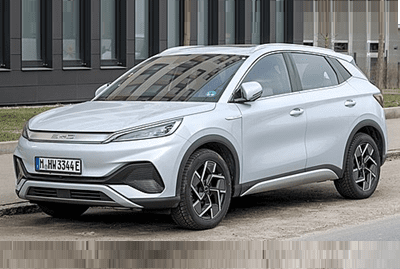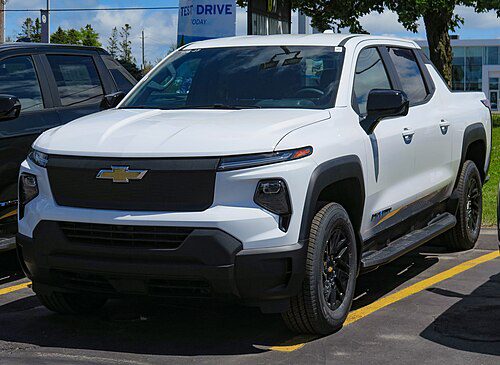Toronto, Ontario — In this week’s electric/autonomous report, several countries take steps to prepare for the widespread arrival of autonomous vehicles, while the arrival of long-range, solid-state EV batteries gets one step closer and much, much more!
Pony Up
Dubai’s Roads and Transport Authority announced on June 26 that Chinese startup Pony.ai will launch a supervised robotaxi pilot in 2025. Fully autonomous service is expected in 2026 as part of the emirate’s broader plan to make one in four trips driverless by 2030. Pony.ai will provide the vehicles and software, while Dubai handles infrastructure and oversight.
Uber Down Under
Uber launched its first electric ride-share fleet in Australia on July 2 in partnership with EV car subscription service Splend. The program starts in Sydney and will expand nationally, with a target of 10,000 electric Ubers by 2027. Uber says the rollout will support its net-zero emissions goal and improve driver economics.
Cybercab Clock Ticks
Tesla CEO Elon Musk announced on June 27 that Tesla’s long-awaited Cybercab will be revealed on August 8. The fully autonomous electric vehicle is expected to enter production in 2026 with a US$30,000 price point. The company has begun transitioning its Austin robotaxi fleet to operate without onboard safety drivers.
Solid Moves
On July 1, QuantumScape confirmed that its ceramic Cobra separator had cleared a key production hurdle. The breakthrough supports the development of safer, longer-range solid-state EV batteries expected to enter commercial production in 2026. The company says the cells will deliver higher energy density than traditional lithium-ion units.
Charge Cap Boost
California-based EVgo said on June 28 that it will upgrade its charging network to allow for faster plug-in times and broader vehicle compatibility. New hardware will support the Tesla-standard North American Charging Standard (NACS) in anticipation of broader OEM adoption. The investment is partially funded by federal infrastructure grants.
French Fine Warning
France’s consumer watchdog announced June 25 that Tesla may face fines over allegedly misleading claims about its vehicles’ autonomous capabilities. The Autorité de la concurrence found Tesla had overstated self-driving functions on its website and in advertising. The company has been given a chance to respond before formal penalties are levied.
ZEV Scorecard Shakeup
The International Council on Clean Transportation released its annual zero-emissions vehicle readiness index on July 3, placing Canada behind the UK, France, Germany and the U.S. The report ranks nations based on charging access, EV incentives and manufacturing capacity. Analysts noted Canada’s strong policy signals but slower-than-expected infrastructure rollout.
FASTag 2.0
India’s transport ministry confirmed June 27 that its digital tolling system FASTag will expand to include EV charging, parking and insurance payment functions. Pilots will begin this fall in cities including Delhi and Mumbai. The RFID-based system is being positioned as a universal mobility interface across the country’s transport sectors.
Cruise Reboot
GM’s autonomous subsidiary Cruise announced on July 3 that it has resumed supervised robotaxi testing in Phoenix and is preparing for limited public rides later this year. The company paused operations nationwide in late 2023 following safety and compliance setbacks. The new phase includes upgraded vehicles and stricter oversight.
Hyundai’s Heavy Push
Hyundai Motor Company unveiled its first electric heavy-duty truck in the U.S. market on July 1, targeting urban logistics. The automaker will pilot the XCIENT Fuel Cell truck with California fleets under a state-supported zero-emission freight program. Hyundai aims to build out hydrogen infrastructure to support broader adoption.
Waymo Expands
Waymo announced on July 5 that it will add robotaxi service in Santa Monica and expand its Phoenix coverage. The Google-backed company now offers driverless rides in parts of San Francisco, Los Angeles and Phoenix. The expansion follows regulatory clearance and strong ride volume during initial service phases.
BYD Taxis Go Global
Chinese automaker BYD revealed on June 30 that its electric taxis have launched in Thailand, as part of a broader Southeast Asian mobility strategy. The vehicles will be operated by local partners with government support. BYD is also building regional production hubs to cut export costs and meet rising demand.
ZEEKR’s American Play
Geely-owned EV brand Zeekr announced on July 2 it has filed for a U.S. IPO, aiming to raise US$500 million. The company plans to expand its luxury EV lineup internationally, beginning with select European and American cities in 2025. Zeekr currently sells four models in China and posted record deliveries last quarter.
Shell Exit
Shell confirmed on July 4 that it will exit the home EV charger retail market in the U.K. and the Netherlands, citing low returns. The oil giant will instead focus on public charging and fleet energy services. The move is part of a broader re-evaluation of Shell’s clean energy investments.



